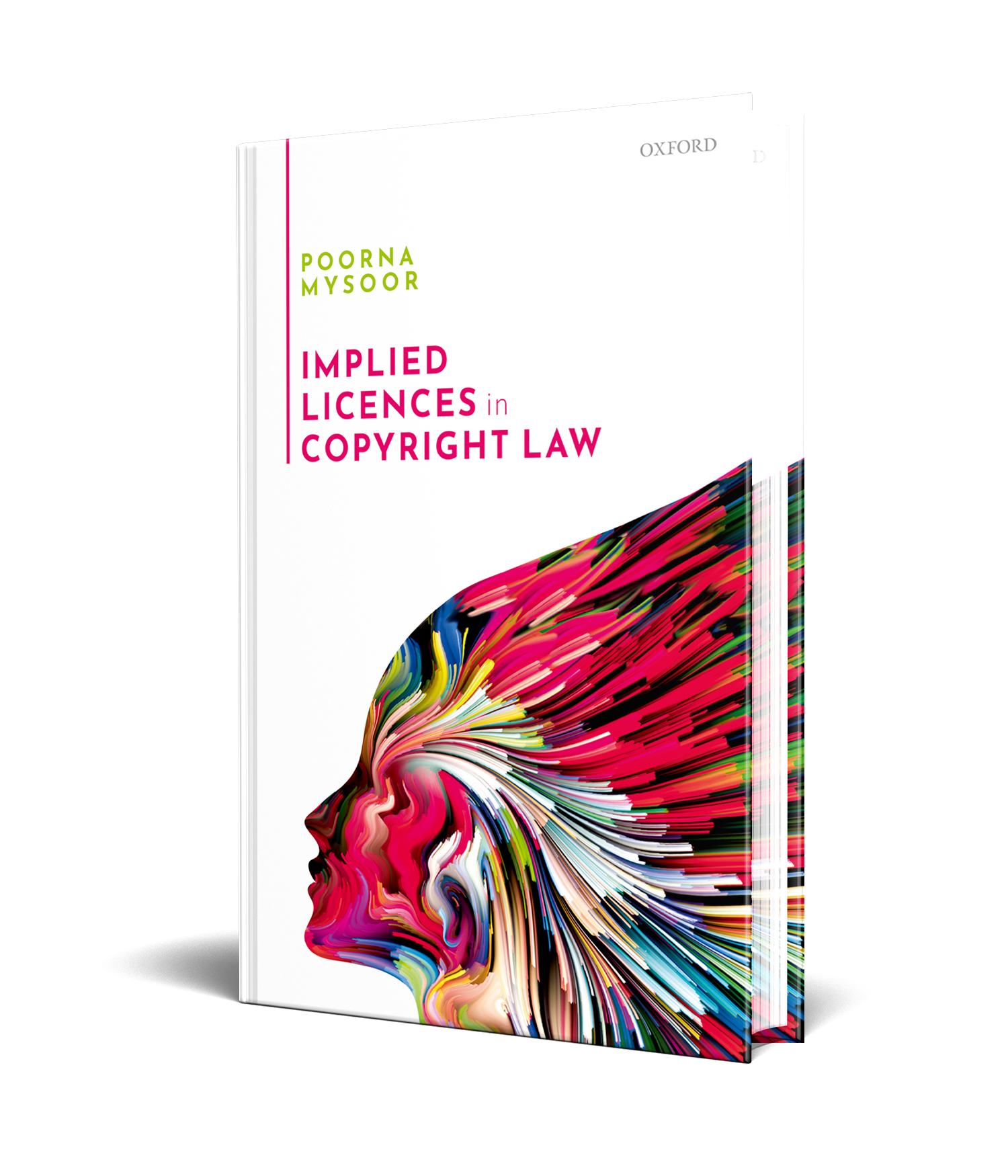Under the Occupiers Liability Act 1957 an occupier is liable only to a visitor, i.e., a person who would have been treated at common law as a licensee or an invitee (s 1(2)). Those who do not qualify as visitors must satisfy the more onerous requirements under the Occupiers Liability Act 1984 before liability is imposed on the occupier. It follows that the existence of a licence is at the heart of the definition of a visitor, and consequently, a claim for the occupier’s liability. Whilst a licence may be implied, if not expressly granted, courts rarely frame the issue of occupier’s liability in terms of implied licences. Even if they do so, the factors that inform implying a licence are often not clear (or even logical). The recent decision in Ovu v London Underground, is an example of much that is unsatisfactory in this regard. The court reinforced in this case the erroneous inclusion of factors such as the intention and mental element of the person claiming to be a visitor (usually the claimant), ignoring for the most part the factors concerning the occupier.

Implying a licence in relation to land is driven so much by the factual context of the case that extrapolating a principle to guide the process of implication might seem almost impossible. This author has had an opportunity to explore the methodology of implying a copyright licence. Although the subject matter of licence is different, one may draw inspiration from the methodology. One may begin by analysing the source of the permission, which can be either the occupier herself or the authority of the law. The focus in this discussion is the occupier’s permission. What factors influence implying a licence from the occupier? Surely, this question should focus on the conduct of the occupier, the context, and the surrounding circumstances. And based on these factors one should be able to infer whether the occupier has permitted a person entering and/or remaining on the occupier’s land. Even if an enquiry into the surrounding circumstances throws open many considerations to be brought in, the intention or any state of mind for that matter, of the person claiming to be a visitor should be irrelevant. No person implies permission from her own state of mind. If that were possible, then we would have no trespassers since we could all claim to have an intention to be visitors.

From a review of the case law on this issue, it appears that this confusion arises in a particular type of cases. In these cases, claimant enters the premises as a visitor, but makes an honest mistake in entering the part of the premises she has no permission to enter. Whilst one may regard the mistake as a state of mind of the visitor, such mistake is often a consequence of the conduct by omission on the occupier’s part. The omission is normally a failure to signpost the premises appropriately or impose physical barriers for entry into places where the occupier does not want visitors. It is the conduct of the occupier in failing to provide such signage or barriers that form the basis of implying a permission, rather than the mistaken state of mind of the visitor. Clearly in these cases, the state of mind of the visitor is a consequence of the absence of these barriers, and not the basis of permission. To hold that the state of mind influences the permission of the occupier is putting the cart before the horse.

This post will discuss the more recent cases where this issue was brought alive. In Spearman v Royal United Bath Hospitals, Spearman, the claimant, had suffered a particularly bad hypoglycaemic attack, which affected his mental state significantly. He was taken to the A&E of the defendant hospital. Spearman had previously also suffered a brain injury in a traffic accident, the treatment of which had made him develop a phobia of hospitals. Coupled with the hypoglycaemic attack, he had been rendered confused and vulnerable. He had been left by himself barely for a minute when he left the A&E, passing through a series of doors and stairs on to a flat roof, climbed the parapet wall and jumped or fell, suffering grave injuries. The question before the court was whether Spearman was a visitor or a trespasser. The court held that whether a person is a trespasser or not is not solely a matter of the location being an unauthorised place, but that ‘a person’s state of mind and intention is an important additional factor’ (Para [56]). The court held that Spearman’s was simply a case of mistaken entry into a wrong area.
It must be accepted that Spearman was a unique case from which no general principle should have been derived. Spearman’s medical condition could well have induced his belief that he was permitted to walk anywhere in the hospital. Even so, Spearman’s mistaken state of mind or an intention not to be a trespasser should have been irrelevant to whether he had permission from the defendant hospital. Instead, what should have been relevant is defendant’s conduct in failing to define more visibly, perhaps with physical barriers the limits of the licence. Ovu confirmed Spearman, and its facts demonstrate how illogical it would be to consider the state of mind of the visitor/trespasser.
Ovu, the claimant’s husband, arrived in Canning Town tube station in London in an inebriated state late at night. He ignored certain barriers and notices that had clearly indicated that he was entering an area that was not open to the public within the tube station. As he made his way through the emergency doors, the alarm rang and the only officer on duty closed the emergency door on the assumption that if anyone is trapped along the emergency exit, the person would eventually emerge from the door on the ground floor. However, while climbing the steps, Ovu slipped and fell to his death on account of head injuries. One of the issues before the trial judge was whether Ovu was a non-visitor. It was argued for the claimant that Ovu’s intention was to return to the platform and take the next train home, but he was prevented from doing so by the closed doors of the emergency exit. Spearman was cited in support of this to argue that the intention and the state of mind of the person entering a premises must be considered in deciding whether he is a trespasser. This argument demonstrates exactly what is wrong with Spearman being a general principle. The Court held that post-Spearman, the question to ask is whether in the circumstances, that class of persons with those characteristics as the claimant could reasonably have been aware of the limits of the licence he had (para [64]), giving the test a colour of objectivity. However, in relation to Ovu, the court held that he was unauthorised to enter the premises right from the beginning since he disregarded clear signs and barriers, and that he cannot and does not pray in aid his own intoxication. It further held that although he had an intention to return, he was not comparable to Spearman who did not know where he was (para [67]).
Ovu is exactly the kind of case that could lead to further misuse of intention of the visitor. Like Spearman, Ovu also started being a lawful visitor; did not appear to know where he was going when he entered the emergency exit; and failed to see the limits of the permission. The difference with Ovu was, of course, self-induced intoxication, which could have supported a claim of contributory negligence on Ovu’s part, but not negate the defendant’s liability. Nevertheless, if objective standards were to be applied, it is possible to argue that a person in Ovu’s state of inebriation and the consequent vulnerabilities, would fail to see the boundary of the licence. Even if Ovu is correct in interpreting Spearman as an objective test, surely, the test would not extend to voluntary intoxication.
The argument should instead have been reframed in terms of implied licence. Here, the defendant licensor had conveyed through notices and barriers that no visitors should enter through the emergency doors. As such, the court should have held that there was nothing in the conduct of the defendant or the circumstances that could form the basis of implying a licence. Instead of holding that the state of mind is relevant, but Ovu did not have it, the court should have held that the state of mind is irrelevant. The court should have stopped Spearman in its tracks by confining it to the facts of that case — a lost opportunity to rein in the law on to a more coherent path.
How to cite this blog post (Harvard style):
P. Mysoor. (2023) Occupiers' Liability and Implied Licences . Available at:https://blogs.law.ox.ac.uk/property-law-blog/blog-post/2023/02/occupiers-liability-and-implied-licences. Accessed on: 23/02/2026Share:
